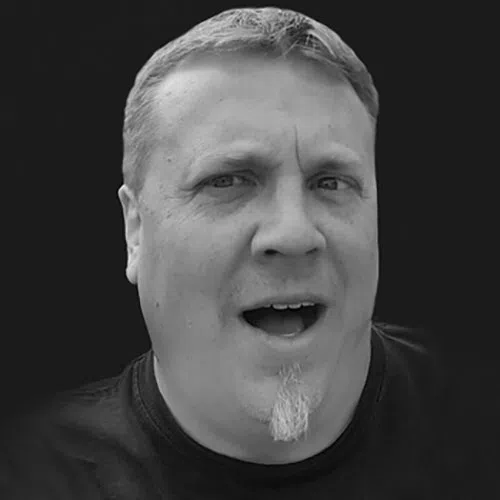PORT-AU-PRINCE (Reuters) – The Dominican Republic said on Wednesday it was maintaining strict security measures on its border with Haiti after Jimmy Cherizier, a gang member seeking to topple the neighboring country’s government, warned of civil war and genocide.
Haitian Prime Minister Ariel Henry, who is not elected, landed in the U.S. territory of Puerto Rico on Tuesday, clearing doubts about his whereabouts after he traveled to Kenya last week to seal a security deal intended to secure the African nation’s leadership of an international gang-fighting force.
“If Ariel Henry doesn’t step down, if the international community continues to support Ariel Henry, they will lead us directly into a civil war that will end in genocide,” Cherizier, known as Barbeque, said in a press conference on Tuesday.
Cherizier said there were “strategic places” that a broad alliance of gangs known as Viv Ansanm (Living Together) were fighting to annex and which would allow them to “win the battle for the ousting of Ariel Henry as quickly as possible.” He said Henry’s international backers would be to blame for those who die in Haiti.
Gangs in Port-au-Prince, battling for turf, have signaled they could join together to fight an international force as a united front.
Cherizier said he has doubled the number of gunmen guarding the capital’s international airport to eight.
Haiti and the Dominican Republic border each other on the Caribbean island of Hispaniola.
In a government statement on Wednesday, Dominican Defense Minister Carlos Luciano Diaz Morfa, who is touring the border with Haiti, said that “everything is calm.”
“Where the border gates are open, there is a commercial flow which is smaller than usual but continues to operate normally under military surveillance,” he added.
The statement said that “strict security measures are being maintained on the Dominican-Haitian border” but did not offer details.
Meanwhile, Haitian news outlet Vant Bef reported that Guy Philippe, a former coup leader who recently returned from the United States where he served a six-year prison term on drug trafficking charges, was seeking to become leader of a transition council.
Since returning to Haiti in December, Philippe has organized nationwide protests flanked by armed members of a rogue environmental brigade known as BSAP, which local media reported is staffed with former soldiers who fought with Philippe in the 2004 ouster of ex-President Jean-Bertrand Aristide.
In a recent report, the Geneva-based Global Initiative Against Transnational Organized Crime said its sources estimate the BSAP has between 2,000 and 6,000 officially registered agents, though it remains unclear how large the full force is or how they are paid and armed.
(Reporting by Steven Aristil in Port-au-Prince and Sarah Morland in Mexico City; Editing by Will Dunham)






Comments